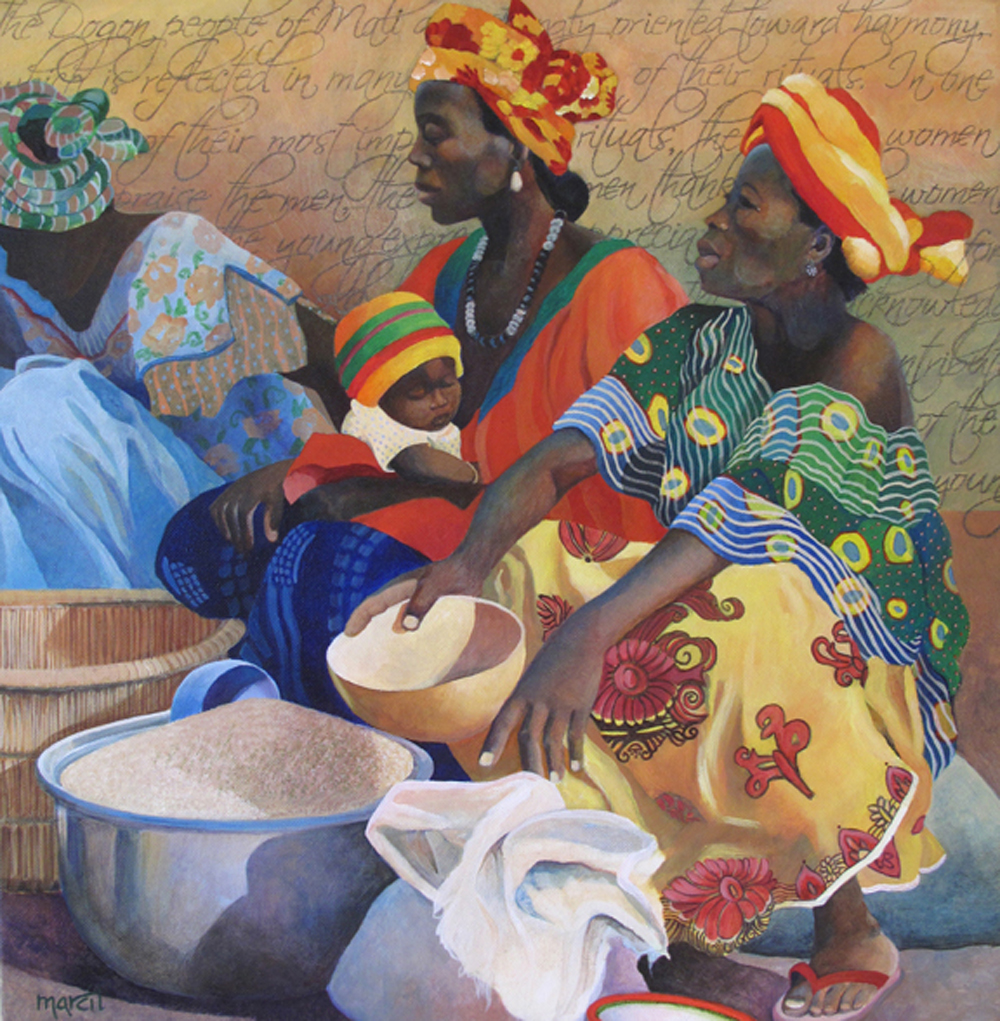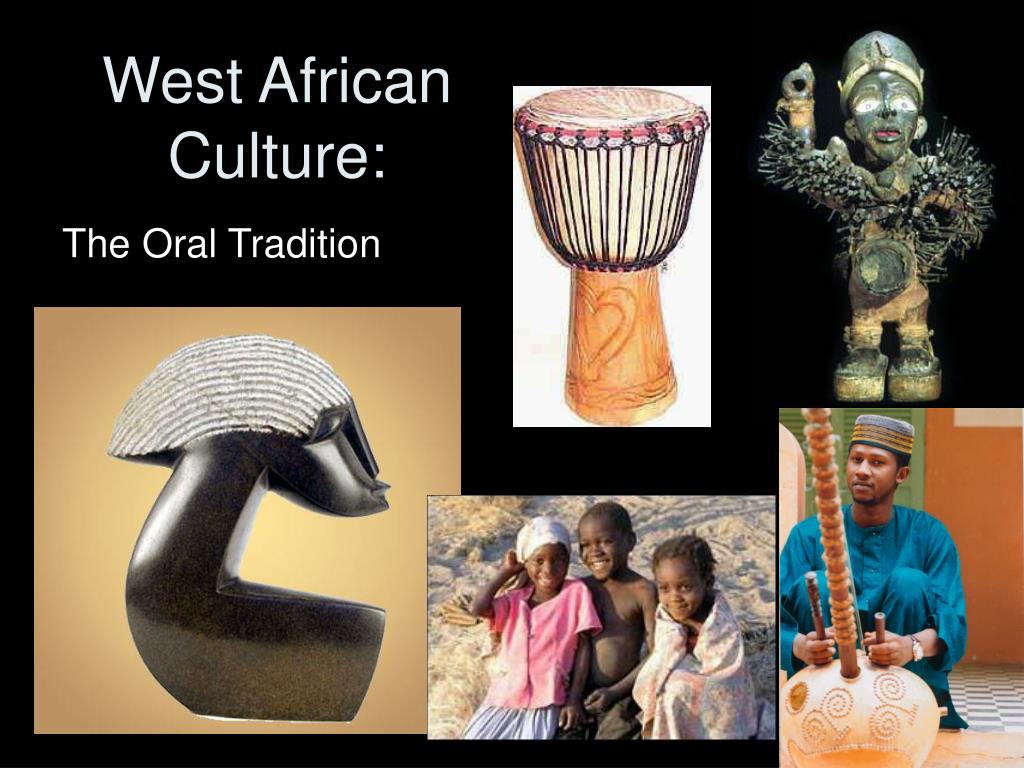Exploring The Vibrant Tapestry Of West African Culture
West African culture is a rich and diverse mosaic of traditions, languages, and customs that have shaped the identity of millions across the globe. From the rhythmic beats of djembe drums to the vibrant colors of kente cloth, this region's cultural heritage offers a fascinating glimpse into the lives of its people. As globalization continues to bring cultures closer together, there’s an increasing interest in understanding the unique aspects of West African culture. This article delves deep into the heart of West Africa, uncovering its history, traditions, and modern influences that continue to inspire people worldwide.
The cultural richness of West Africa is not just confined to its music and art but extends to its cuisine, spirituality, and social structures. This region, home to over 300 million people, boasts a variety of ethnic groups, each contributing uniquely to the cultural landscape. Understanding these contributions can provide valuable insights into the region's past and present, helping us appreciate the depth and diversity of West African culture.
As we explore the vibrant traditions and customs of this region, we’ll also look at how globalization and modernization are impacting these age-old practices. By examining the interplay between tradition and modernity, we can better appreciate the resilience and adaptability of West African culture. This article aims to provide a comprehensive overview, offering readers a deeper understanding of what makes West African culture so special.
Read also:Unveiling The World Of 5 Movierulz Kannada 2025 A Comprehensive Guide
What Makes West African Culture Unique?
West African culture stands out due to its rich tapestry of traditions, languages, and practices that have evolved over centuries. The region is home to over 1,000 languages, each with its own dialects and variations, making it one of the most linguistically diverse areas in the world. This linguistic diversity is mirrored in the region's cultural practices, where music, dance, and storytelling play a central role in preserving heritage and passing down knowledge from one generation to the next.
Music, in particular, is a significant aspect of West African culture. Instruments such as the djembe, balafon, and talking drum are not just tools for entertainment but are integral to religious ceremonies, social gatherings, and storytelling. These instruments have been adopted by musicians worldwide, showcasing the global influence of West African music. Additionally, the region's oral tradition ensures that history and cultural values are preserved through epic tales and proverbs, passed down through generations.
How Has West African Culture Influenced Global Music?
The influence of West African culture on global music cannot be overstated. Genres such as jazz, blues, and hip-hop owe much of their origins to the rhythmic patterns and musical styles that originated in West Africa. Artists like Fela Kuti, who pioneered Afrobeat, have brought West African sounds to international audiences, blending traditional rhythms with modern influences. This fusion has created a unique sound that resonates with listeners worldwide, demonstrating the universal appeal of West African music.
Furthermore, the use of traditional instruments and vocal techniques in contemporary music highlights the adaptability and versatility of West African culture. Modern artists continue to draw inspiration from these roots, ensuring that the rich musical heritage of the region remains relevant and vibrant in today’s global music scene.
Why Is Storytelling Important in West African Culture?
Storytelling is a cornerstone of West African culture, serving as a means of education, entertainment, and cultural preservation. Through oral traditions, elders pass down histories, moral lessons, and cultural values to younger generations. Stories often feature mythical creatures and ancestral spirits, reinforcing the spiritual connection between the past and present.
This practice not only strengthens community bonds but also ensures that cultural knowledge is preserved and passed on. In a rapidly changing world, storytelling remains a vital tool for maintaining cultural identity and continuity, offering a window into the rich tapestry of West African culture.
Read also:Unleashing The Joy Of Having A Dog A Comprehensive Guide
What Are the Key Elements of West African Cuisine?
West African cuisine is a delightful blend of flavors, textures, and ingredients that reflect the region's diverse cultural influences. Staples such as rice, yams, and plantains form the foundation of many dishes, while spices like chili, ginger, and turmeric add depth and complexity. Traditional dishes like jollof rice, egusi soup, and fufu showcase the region's culinary creativity and the importance of communal dining in West African culture.
Moreover, the use of locally sourced ingredients highlights the region's commitment to sustainability and self-sufficiency. As global interest in plant-based diets grows, West African cuisine offers a wealth of vegetarian and vegan options that are both nutritious and delicious. This culinary tradition not only satisfies the palate but also fosters a deeper appreciation for the natural resources that sustain life in the region.
How Does Spirituality Shape West African Culture?
Spirituality plays a central role in shaping West African culture, influencing everything from daily life to major ceremonies. Many communities practice traditional religions that emphasize the importance of ancestors, spirits, and nature. These beliefs are often intertwined with Christianity and Islam, creating a rich tapestry of spiritual practices that reflect the region's diversity.
Rituals and ceremonies are an integral part of life in West Africa, serving as a means of connecting with the divine and honoring ancestors. From naming ceremonies to funerals, these events are steeped in tradition and symbolism, offering insight into the spiritual depth of West African culture.
What Role Do Festivals Play in West African Culture?
Festivals are a vibrant expression of West African culture, bringing communities together to celebrate shared heritage and traditions. Events such as the Durbar Festival in Nigeria and the Gambari Festival in Mali showcase the region's rich cultural diversity, featuring music, dance, and elaborate costumes. These festivals not only entertain but also educate, providing a platform for cultural exchange and understanding.
By participating in these events, individuals reaffirm their cultural identity and strengthen community ties. Festivals are a testament to the resilience and creativity of West African culture, offering a glimpse into the region's vibrant past and promising future.
Exploring the Art of West African Culture
Art in West African culture is both a form of expression and a means of preserving history. From intricate carvings and sculptures to vibrant textiles and pottery, the region's artistic traditions reflect its rich cultural heritage. Each piece tells a story, whether it's the spiritual significance of a wooden mask or the symbolic patterns on a piece of kente cloth.
Modern artists continue to draw inspiration from these traditions, incorporating them into contemporary works that challenge and expand the boundaries of West African art. This fusion of old and new ensures that the artistic legacy of the region remains vibrant and relevant in today's world.
How Does West African Culture Influence Fashion?
West African culture has a profound influence on global fashion, with traditional textiles and designs inspiring designers worldwide. Fabrics such as Ankara and dashiki have become popular in mainstream fashion, showcasing the vibrant colors and patterns that define West African style. These designs not only celebrate cultural heritage but also promote sustainable fashion practices by using locally sourced materials and traditional techniques.
As the fashion industry increasingly values authenticity and cultural significance, West African designers are gaining recognition for their unique contributions. This growing appreciation highlights the importance of preserving and promoting the cultural roots of fashion, ensuring that West African culture continues to inspire and influence global trends.
West African Culture: A Look at Traditional Clothing
Traditional clothing in West African culture is more than just fashion; it's a statement of identity and heritage. Garments such as the boubou, agbada, and kaftan are worn for special occasions and daily life, each with its own significance and symbolism. The craftsmanship involved in creating these garments reflects the region's attention to detail and appreciation for beauty.
From the intricate embroidery on a gele to the bold patterns of a wrapper, traditional West African clothing tells a story of cultural pride and creativity. As globalization continues to influence fashion trends, these garments remain a testament to the enduring appeal of West African culture.
West African Culture: Challenges and Opportunities
While West African culture is rich and diverse, it faces challenges in preserving its traditions in the face of modernization and globalization. The rapid pace of change threatens to erode cultural practices, making it crucial to find ways to balance tradition with progress. Initiatives aimed at promoting cultural education and supporting local artisans can help ensure that West African culture continues to thrive.
At the same time, there are opportunities for cultural exchange and collaboration that can enhance the global understanding and appreciation of West African culture. By embracing these opportunities, the region can strengthen its cultural identity while contributing to the global cultural landscape.
West African Culture: A Path Forward
In conclusion, West African culture is a vibrant and dynamic force that continues to shape and inspire people around the world. By celebrating its traditions and addressing the challenges it faces, we can ensure that this rich cultural heritage remains a source of pride and inspiration for generations to come. Through education, collaboration, and innovation, West African culture can continue to thrive, offering a unique perspective on the human experience.
How Can We Support West African Culture?
Supporting West African culture involves promoting cultural awareness, supporting local artisans, and investing in cultural education. By purchasing authentic West African goods, attending cultural events, and engaging with communities, individuals can make a meaningful contribution to preserving and promoting this rich cultural heritage.
Ultimately, the goal is to create a world where West African culture is celebrated and respected, ensuring that its traditions and values are passed down to future generations. Through collective effort and commitment, we can honor the legacy of West African culture and ensure its continued relevance in an ever-changing world.
Table of Contents
- What Makes West African Culture Unique?
- How Has West African Culture Influenced Global Music?
- Why Is Storytelling Important in West African Culture?
- What Are the Key Elements of West African Cuisine?
- How Does Spirituality Shape West African Culture?
- What Role Do Festivals Play in West African Culture?
- Exploring the Art of West African Culture
- How Does West African Culture Influence Fashion?
- West African Culture: A Look at Traditional Clothing
- West African Culture: Challenges and Opportunities
Article Recommendations


